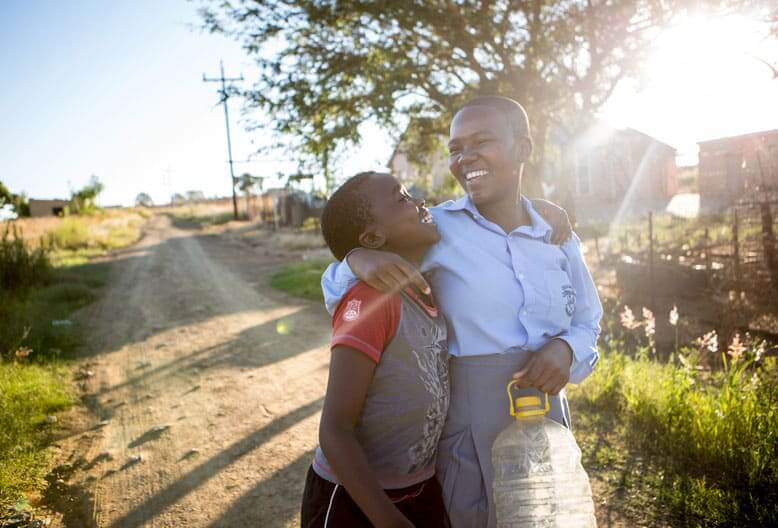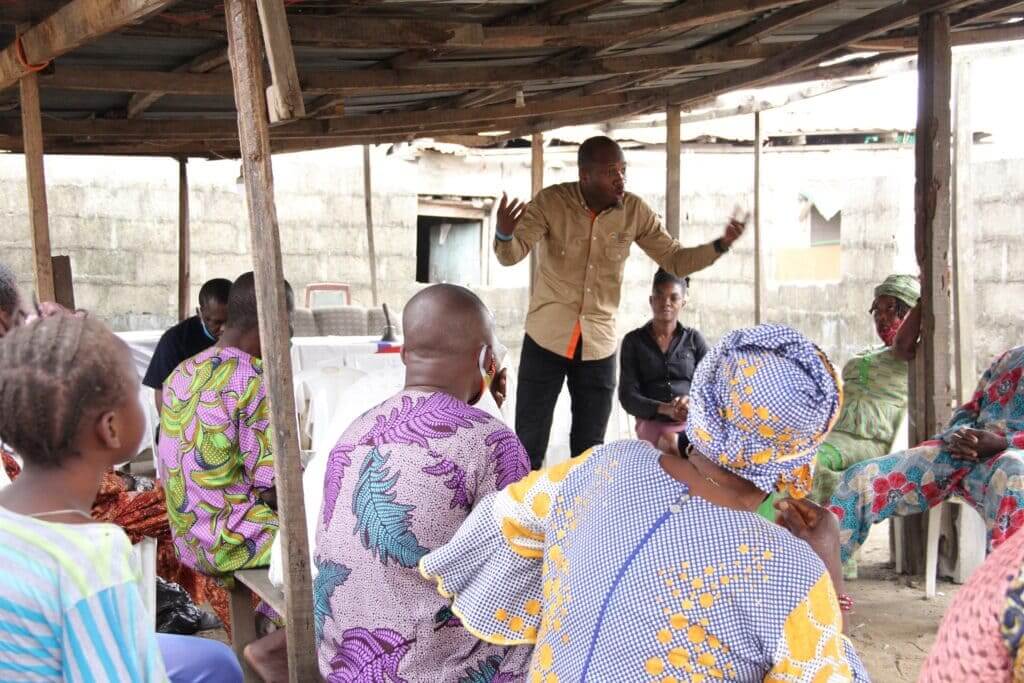Member states unanimous on hand washing as a major health remedy in disease prone Africa.
Communicable or infectious diseases are caused by microorganisms such as bacteria, viruses, parasites and fungi that can be spread directly or indirectly from one person to another. Some are transmitted through bites from insects, while others are caused by ingesting contaminated food or water. This ingestion of contaminated food most often is the outcome of eating with dirty hands. A study from the American Journal of Infection Control which consisted in the use of rubber gloves spread with thick layer of E.coli bacteria, preceded by exchanges of fist bumps, handshakes and high fives with other researches who were wearing clean rubber gloves, with a randomly varied greeting intensity and duration. The researchers then set the gloves in a solution that allowed them to count how many bacteria were transferred to the clean gloves.
Their findings showed that handshake was the worst offender when it came to spreading germs. However, the global population continues to be very ignorant of the health hazards that are related to poor hand hygiene. The situation in Africa which is already facing a healthcare tipping point is much dire.
This is proving to be a health disaster in much of Africa’s rural communities where health officials and institutions continue to find it difficult to bring disease outbreaks under control. This was true for Sierra Leone, Liberia and Guinea and today it is the reality in the Democratic Republic of Congo where the Ebola virus continues to rubbish health systems.
It is mindful of this that the Africa Science Diplomacy and Policy Network in keeping to her commitment to promote healthy living for all Africans galvanized all her member countries to celebrate the Global Hand washing Day commemorated annually on 15th October. Consequently from 15th to 19th October 2018, ASDPN in solidarity with other global stakeholders through varied campaigns motivated and mobilized people across Africa to improve their hand washing habits. As hand washing at critical points during the day especially with the use of soap can help save billions in healthcare services in Africa and increase household incomes. This is so because governments will be able to channel much needed resources to other priority areas of social development likewise households.
To mark this day, the network engaged governments to push for the integration of hand washing in to national policies and programmes. The network also engaged young people and rural communities on the necessity of hand washing.
In the Democratic Republic of Congo, ASDPN designed and built and donated a smart hand washing instrument /mechanism to entice students of EP IBANDA Ecole, Non Convetionnee, Bukavu to wash their hands more. Students and community members also benefitted from education and sensitization campaigns which were generally well received as a simple but key solution to the Ebola Crisis ravaging the Congo.
Communicable or infectious diseases are caused by microorganisms such as bacteria, viruses, parasites and fungi that can be spread directly or indirectly from one person to another. Some are transmitted through bites from insects, while others are caused by ingesting contaminated food or water. This ingestion of contaminated food most often is the outcome of eating with dirty hands. A study from the American Journal of Infection Control which consisted in the use of rubber gloves spread with thick layer of E.coli bacteria, preceded by exchanges of fist bumps, handshakes and high fives with other researches who were wearing clean rubber gloves, with a randomly varied greeting intensity and duration. The researchers then set the gloves in a solution that allowed them to count how many bacteria were transferred to the clean gloves.
Their findings showed that handshake was the worst offender when it came to spreading germs. However, the global population continues to be very ignorant of the health hazards that are related to poor hand hygiene. The situation in Africa which is already facing a healthcare tipping point is much dire.
This is proving to be a health disaster in much of Africa’s rural communities where health officials and institutions continue to find it difficult to bring disease outbreaks under control. This was true for Sierra Leone, Liberia and Guinea and today it is the reality in the Democratic Republic of Congo where the Ebola virus continues to rubbish health systems.
It is mindful of this that the Africa Science Diplomacy and Policy Network in keeping to her commitment to promote healthy living for all Africans galvanized all her member countries to celebrate the Global Hand washing Day commemorated annually on 15th October. Consequently from 15th to 19th October 2018, ASDPN in solidarity with other global stakeholders through varied campaigns motivated and mobilized people across Africa to improve their hand washing habits. As hand washing at critical points during the day especially with the use of soap can help save billions in healthcare services in Africa and increase household incomes. This is so because governments will be able to channel much needed resources to other priority areas of social development likewise households.
To mark this day, the network engaged governments to push for the integration of hand washing in to national policies and programmes. The network also engaged young people and rural communities on the necessity of hand washing.
In the Democratic Republic of Congo, ASDPN designed and built and donated a smart hand washing instrument /mechanism to entice students of EP IBANDA Ecole, Non Convetionnee, Bukavu to wash their hands more. Students and community members also benefitted from education and sensitization campaigns which were generally well received as a simple but key solution to the Ebola Crisis ravaging the Congo.
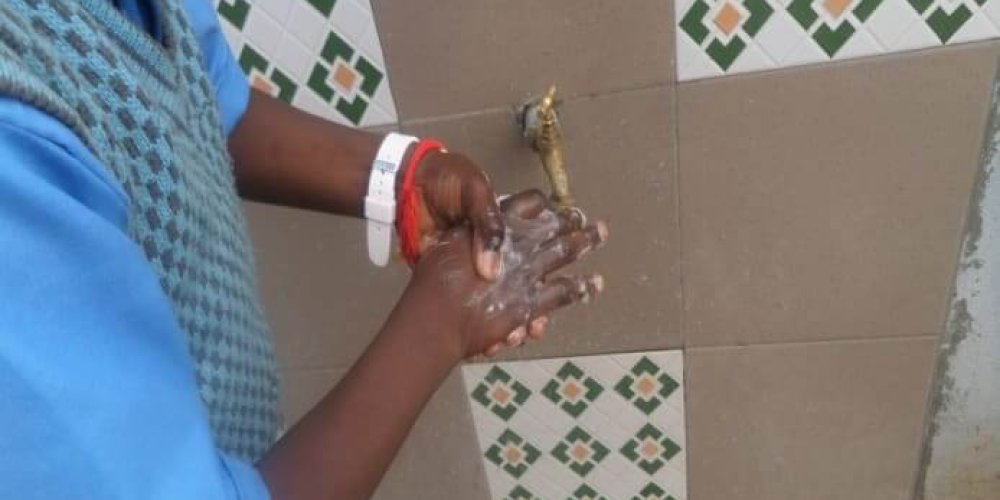
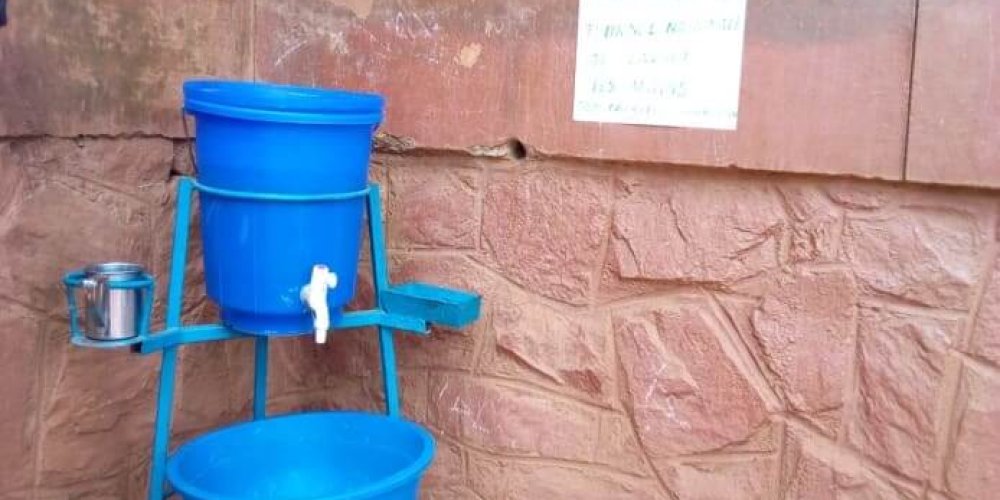
ASDPN Cameroon on her part embarked on a grand education and sensitization campaign grouping well over 200 young people at the Mada International College in the heart of Yaoundé. The essence of hand washing was the major element highlighted during this outing by Hiole Aurelie Enow Director for Humanities in ASDPN in the presence of the ASDPN Executive Director, other Science Diplomats that make up the membership in Cameroon and the school authorities.
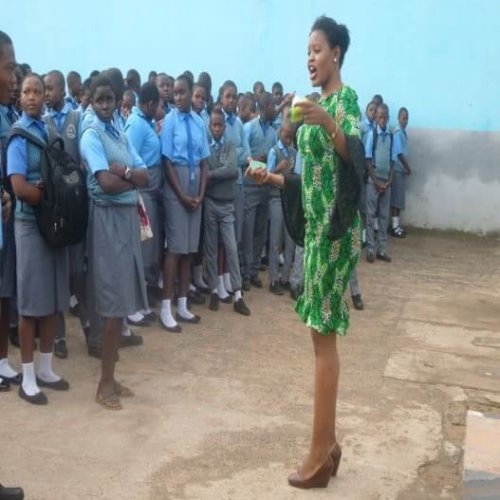
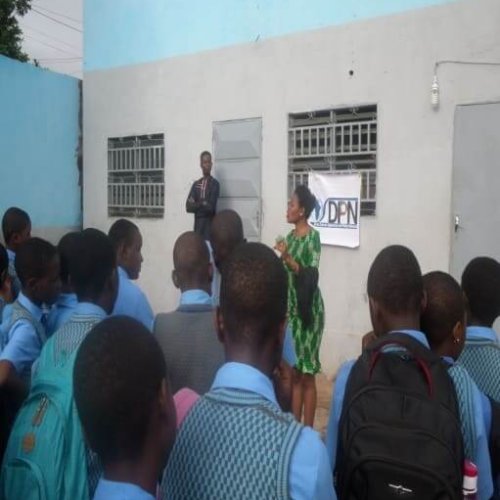
At the end of the event students took turns to wash their hands with soap much to the delight of the head of the college promised the ASDPN team to ensure the lessons learnt are fully integrated in classroom lessons to ensure the knowledge is sustained and grown. In other ASDPN member countries, community members were equally enlighten on the importance of hand washing in preventing diseases that come about as a result of poor hand/body hygiene.
The ASDPN Executive Director then went further to remind the students that “it is not just about a clean environment, but also about clean hands as it is the true recipe for good health.

ASDPN organizes a two days side event to mark the celebration of the 16th day of African traditional medicine.
-
asdpn
- October 17, 2019
Contact Us
For further information on the Living Healthy Living Free For Africa (LIHLIVF) programme, ASDPN International invites you to write to us:
info@asdpn.org
we will gladly share more with you.

